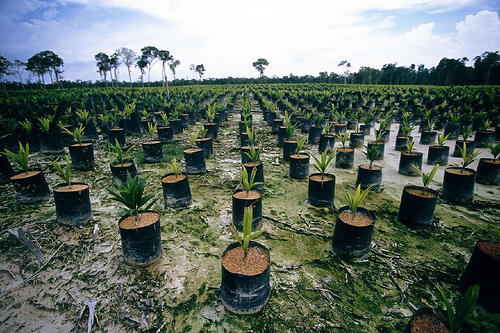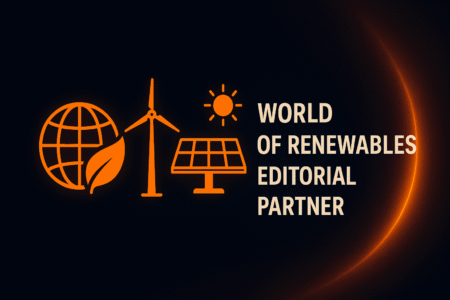Sabah biomass plant will be fuelled by waste from oil palm plantations
KDB, which has ambitions to become Asia’s top investor in carbon emission reduction projects, will likely seal the loan deal with the investors by as early as next year.
The project, which is being lined up to qualify for the United Nations (UN) Clean Development Mechanism (CDM) carbon offsetting scheme, is expected to yield 300,000 UN carbon offsets per year. It aims to use waste from oil palm plantations to fuel a biomass plant, which will be capable of producing an estimated 23 MW of electricity.
A bank spokesman told MBT that KDB will not be investing US$50 million in the Malaysian project, but will merely act as the financial arranger.
‘We will provide the loan. The US$50 million is not the total amount of equity but it is a loan. So far, this is the only project related to CDM that we are working in Malaysia. Our target is to close the deal for this project by early next year,’ the spokesman said.
The spokesman added that KDB may also be expanding its financing activities to similar projects in Malaysia.
Korea Development Bank may also be expanding its financing activities to similar projects in Malaysia.
‘We are keen on Malaysia. Malaysia has a sound credit rating and abundance of biomass resources. After we close (the deal for) this (CHP) project, we will keep on working with Malaysia,’ the spokesman said.
Eco-frontier, a technology company from South Korea, and POIC Sabah Sdn Bhd have teamed up with several strategic partners to establish this biomass plant project since late 2007.
Eco-frontier project development team/climate change business division head Cha Young Rae confirmed the company’s involvement in the biomass plant project and the loan amounting to US$50 million provided by KDB to develop the project.
He said that the loan will be used to pay the cost of the biomass plant, such as equipment procurement, construction and acquisition of land for the project.
He added that the company and POIC Sabah have mooted the CHP project and have developed the network with related project parties, including Sabah Electricity Sdn Bhd and the Malaysian Industrial Development Authority as well as attracted investors from Malaysia and South Korea.
Eco-frontier is investing in the biomass plant project to qualify it for the CDM offsetting scheme.
Mr Cha said that the company believes that it can contribute to the emission reduction of greenhouse gases in two ways through the project.
Firstly, the CHP plant will generate electricity and steam from biomass, which is clean and carbon neutral, as an alternative to using fossil fuels to generate electricity.
Secondly, the CHP plant uses palm waste as fuel and in most cases, palm waste is dumped and left to decay in open fields.










